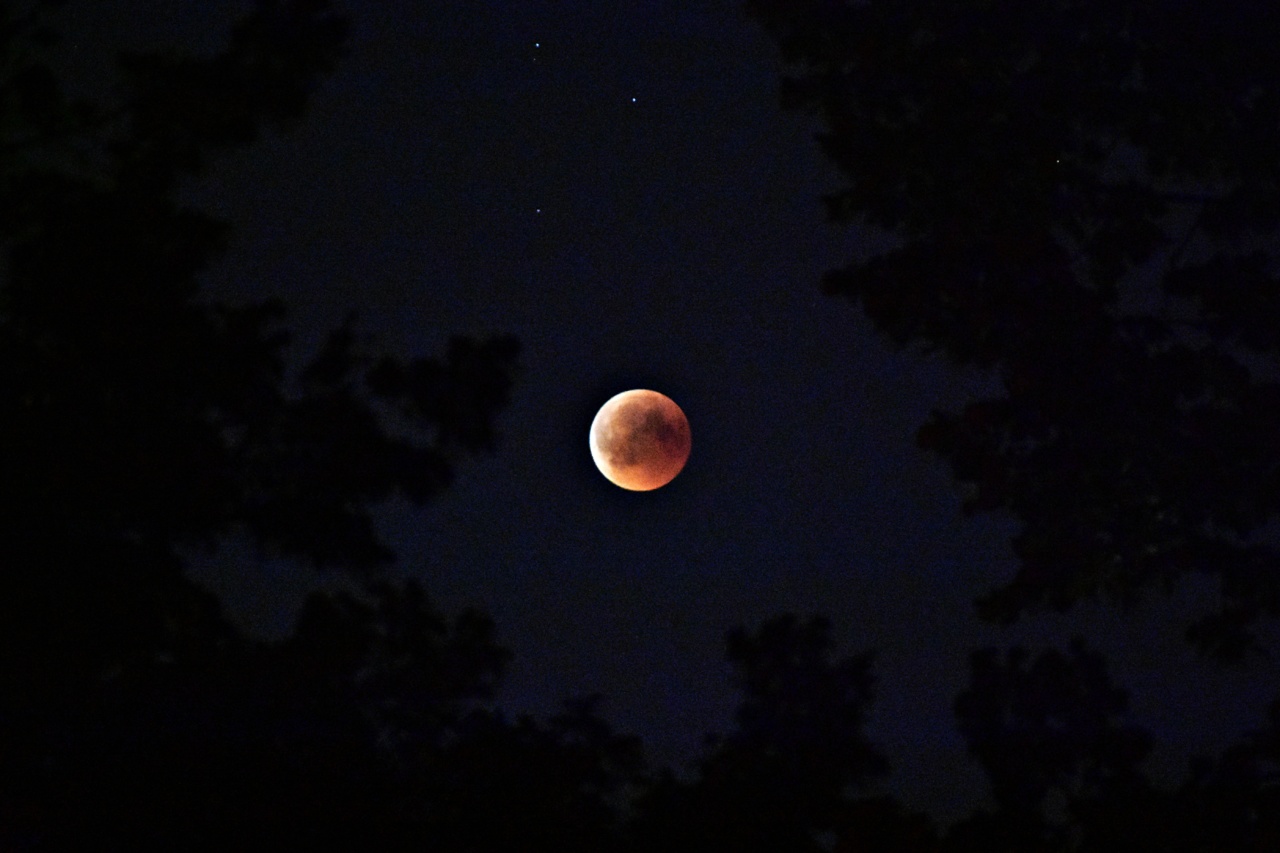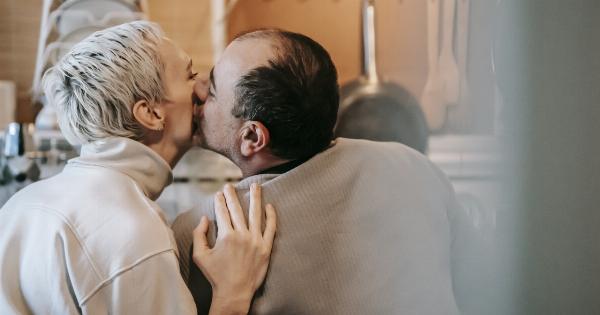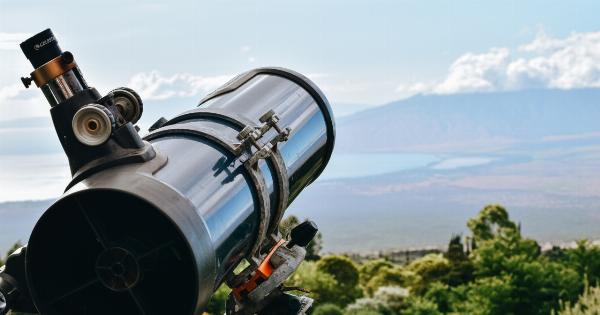Many people have experienced difficulty sleeping during a full moon. There are various myths and beliefs about the relationship between the lunar cycles and our sleep patterns.
Some people believe that the full moon can cause insomnia or sleepwalking, while others think it can affect our dreams or disrupt our circadian rhythms.
In this article, we’ll explore the scientific explanations behind the impact of the full moon on our sleep and provide tips on how to improve your sleep during a full moon.
Circadian Rhythm and Sleep
The circadian rhythm is a natural biological process that regulates our sleep-wake cycles. It’s regulated by a small region in the brain called the suprachiasmatic nucleus, which responds to changes in light and dark cues.
Light exposure in the morning suppresses the production of melatonin, a hormone that promotes sleep, while darkness at night stimulates its production, leading to a feeling of drowsiness.
Our circadian rhythm is influenced by social cues, such as work schedules, meal times, and physical activity, as well as environmental cues, such as temperature, humidity, and noise.
Any disruption to these cues can throw off our internal clock and affect our sleep patterns.
The Lunar Cycle and Sleep
The lunar cycle refers to the 29.5-day period during which the moon orbits the Earth. There are four main phases of the lunar cycle: new moon, waxing crescent, full moon, and waning crescent.
Studies have found that our sleep patterns may be influenced by the lunar cycle, particularly the full moon.
A study published in the journal Current Biology found that participants experienced a decrease in sleep quality during a full moon compared to a new moon. The researchers used brainwave activity measurements to track the participants’ sleep patterns and found that they took longer to fall asleep, slept for a shorter amount of time, and had less deep sleep during a full moon.
Another study published in the American Journal of Emergency Medicine found that hospital admissions due to sleep disturbances increased by 23% during a full moon as compared to other lunar phases.
The study suggests that the full moon may increase stress and anxiety levels, leading to sleep disturbances.
Theories of the Full Moon Effect on Sleep
While the exact mechanisms behind the full moon’s effect on sleep are not fully understood, there are various theories that have been proposed to explain this phenomenon.
Increased Brightness of the Moon
The brightness of the full moon may disrupt our circadian rhythm by suppressing the production of melatonin. Moonlight is reflected sunlight, and it may be bright enough to penetrate through our curtains and affect our sleep patterns.
One study found that participants’ melatonin levels were significantly lower during a full moon compared to a new moon, suggesting that the additional light exposure may play a role in disrupting our sleep patterns.
Lunar Gravitational Pull
Another theory is that the gravitational pull of the moon may affect our sleep patterns.
The moon’s gravitational pull can cause tides in the ocean, and some researchers propose that it may also affect the fluid levels in our body, leading to changes in our sleep patterns. However, there is insufficient evidence to support this theory.
Predisposition to Beliefs
It’s also possible that our belief in the full moon’s effect on sleep may influence our perception of our sleep quality.
If we believe that the full moon can cause insomnia or sleepwalking, we may be more likely to attribute our sleep disturbances to the full moon, even if there is no direct causal relationship.
How to Improve Sleep During a Full Moon
If you’re experiencing difficulty sleeping during a full moon, there are several strategies you can try to improve your sleep quality:.
Limit Exposure to Bright Light
To promote the production of melatonin, it’s important to limit your exposure to bright light, especially in the evenings. Consider installing blackout curtains or wearing an eye mask to block out the moonlight.
You can also reduce your exposure to blue light from electronic devices by using a blue light filter or avoiding the use of electronics before bedtime.
Establish a Consistent Sleep Routine
Establishing a consistent sleep routine can help regulate your internal clock and improve your sleep quality. Try to go to bed and wake up at the same time every day, even on weekends.
This can help your body anticipate when it’s time to sleep and when it’s time to wake up.
Create a Relaxing Sleep Environment
Creating a relaxing sleep environment can help reduce stress and anxiety levels that may be contributing to your sleep disturbances. Consider investing in comfortable bedding, such as a supportive mattress and soft pillows.
You can also incorporate relaxation techniques, such as deep breathing or meditation, to help calm your mind before bedtime.
Avoid Stimulants Before Bed
Avoid consuming stimulants, such as caffeine and nicotine, before bedtime. These substances can interfere with your ability to fall asleep and stay asleep. Instead, opt for a soothing herbal tea or warm milk before bed.
Conclusion
The full moon may have a subtle yet significant effect on our sleep patterns. While the mechanisms behind this phenomenon are not fully understood, it’s possible that increased brightness of the moon and our predisposition to beliefs may play a role.
If you’re experiencing difficulty sleeping during a full moon, try implementing some of the strategies we’ve outlined to improve your sleep quality.





























